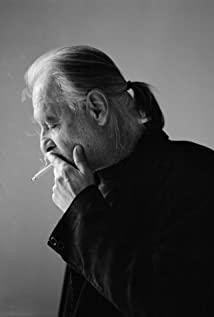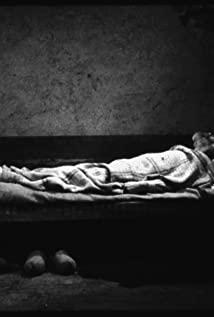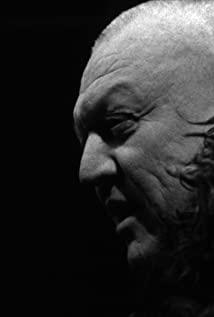After my reading of Nietzsche came to an end, I watched Beratar's "The Horse of Turin". At first, I was only attracted by the name. Later, I felt that Beratar was really a person who understood Nietzsche in particular, and he was amazing. But I didn't think so at the beginning, because after reading it, I felt that it had nothing to do with Nietzsche's philosophical thought, or even anti-Nietzsche. If there is any agreement, I guess Beratar used "the work of sealing the border" to express what Nietzsche said: "To have nothing to say is a pleasure and a right, because having nothing to say is precisely the condition for something rare or rare to be said. It is not interference that is intolerable." , but a meaningless proposition." But if it were just that, it would actually be contradictory to making a film, because a film is already an expression. I read a lot of movie reviews that day, and one of them impressed me. It is said that Bellatar also left a question for the audience at the audience's questioning site: Do you feel weak or strong after watching this movie? He asked this question at least twice. The normal answer is of course weakness, and I think he got that too, but repetition obviously means dissatisfaction with that. So I think I got it wrong, he should have expected a stronger answer. God created the world in six days, and the film only captures the five days when the father and daughter's survival went from bad to worse and their lives gradually died out. I understand it to be the fifth day of "death". Beratar's death of God is not the appearance of man, but the disappearance of man, who has a peculiar kinship with God, because man and God are father and son: when God dies, man cannot but disappear at the same time; is special, always hidden behind the universal evidence of the son. So all post-event universality treats the son equally by dethroning the particularity of the father. Equality between sons can only be achieved by dismissing the master. This is actually Nietzsche's point of view. From another point of view, man is a rope tied between animals and superman, suspended above the abyss. In other words, man is always a dynamic transition, an unfinished bridge hanging in the sky. Animality, or the so-called biological nature, in Darwin's case is the beginning and trembling of a chain, in Freud's case, it has degenerated into the broad base of the pyramid of human nature, and they are all reactionaries. Man is unfinished and needs vector charge. And only by taking all the contingency of fate as a forceful attempt to experience, can a human, an unformed animal, gain vitality and be shaped and improved. Therefore, the process of "death" in the movie is the process of God's death, the process of man's gaining vitality and the process of disillusionment. I think in Nietzsche's theory, nihilism is the basis of all revaluation, And the reassessment of all values is the only way to overcome nihilism. Here, nihilism has been elevated to a very important position in his theory. In fact, I have long felt that Nietzsche's superhuman philosophy is based on complete nihilism. In the depths of his mind, there was this lifeless, void-like dead premise that he strongly criticized, and there was a sense of tragic and solemnity of the rebirth of the phoenix's nirvana. So it can be said that Nietzsche was a secret schizophrenic. Nietzsche said in his collection of letters to his friends: Speak for me, this is absolutely unnecessary and never expected; on the contrary, a curiosity, like facing a strange plant, with a little ironic resistance, in my opinion Come on, this is an incomparably wiser position on the self. I think this is the attitude of my friend Beratar. Of course, just my own opinions.
View more about The Turin Horse reviews










